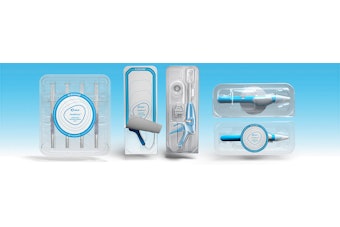According to a recent PBS article, extreme heat waves in various parts of the US are posing new challenges for reproductive health care. The rising temperatures are threatening the effectiveness of pregnancy tests, condoms, and emergency contraception pills. These items can become damaged and lose their effectiveness when exposed to extreme heat, making it difficult for individuals in states with abortion bans to access crucial resources for preventing or detecting pregnancy.
Reproductive health organizations in some states have adapted to these challenges by distributing heat-sensitive supplies like emergency contraception, pregnancy tests, and condoms. However, the heat is a growing concern for these organizations as they face the risk of heat damage to their supplies, even when stored in climate-controlled environments. The heat burden is not evenly distributed, as those without access to air conditioning in their homes or cars are more likely to face exposure to extreme temperatures. Additionally, individuals who need to travel out of state for abortion care may face increased difficulties due to the extreme heat, particularly if their vehicles lack functioning air conditioning.























